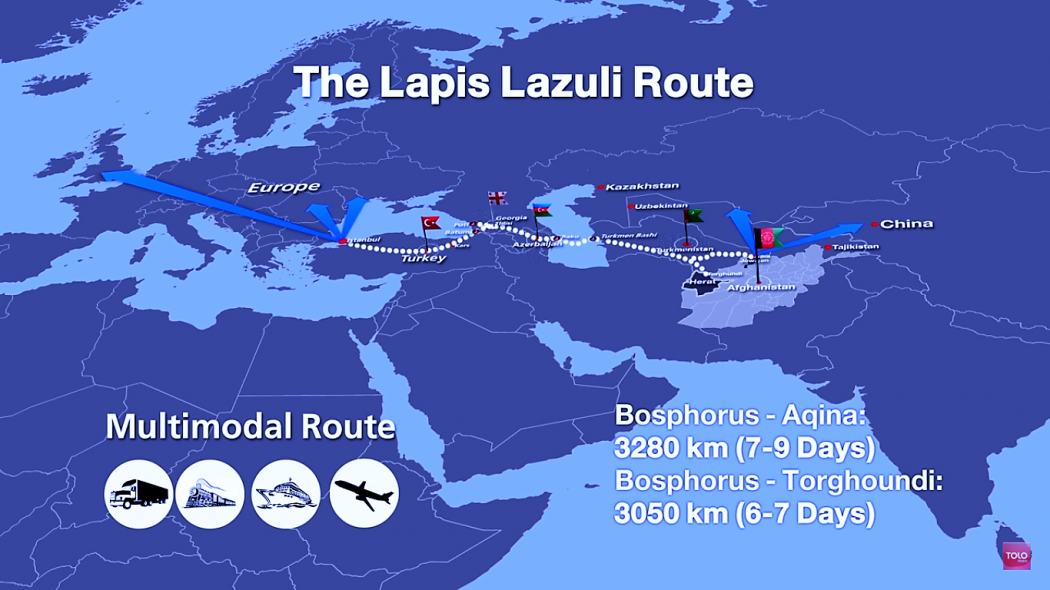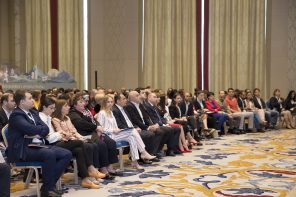On November 15, after three years of technical talks, during the 7th Regional Economic Cooperation Conference on Afghanistan (RECCA-VII) in Ashgabat, Turkmenistan was signed the agreement, making Georgia part of Lapis Lazuli Corridor.
Georgian Vice Prime Minister and Foreign Minister Mikheil Janelidze signed a document which will enable Georgia to be part of a one more transport corridor between Europe and Asia.
The Lapis-Lazuli Transit, Trade & Transport Route (also known as the “Lapis Lazuli Corridor”) aims to enhance regional economic cooperation and connectivity between the countries of Afghanistan, Turkmenistan, Azerbaijan, Georgia and Turkey.
The corridor begins from Aqina in northern Faryab province and Torghundi in western Herat (both in Afghanistan), and continues to the port (on the Caspian Sea) of Turkmenbashi in Afghanistan; after passing the Caspian Sea, the route continues on to Baku, capital of Azerbaijan, and then connects onward to Tblisi, capital of Georgia, as well as the Georgian ports of Poti and Batumi; in the end, the corridor will connect to the cities of Kars and Istanbul (Turkey) at the entrance of Europe.
The name “Lapis Lazuli” is derived from the historic route that Afghanistan’s lapis lazuli and other semiprecious stones were exported along, over 2,000 years ago, to the Caucasus, Russia, the Balkans, Europe, and North Africa.
Current projects will improve infrastructure and procedures across the five countries and they are estimated to exceed $2 billion, according to RECCA VII.






